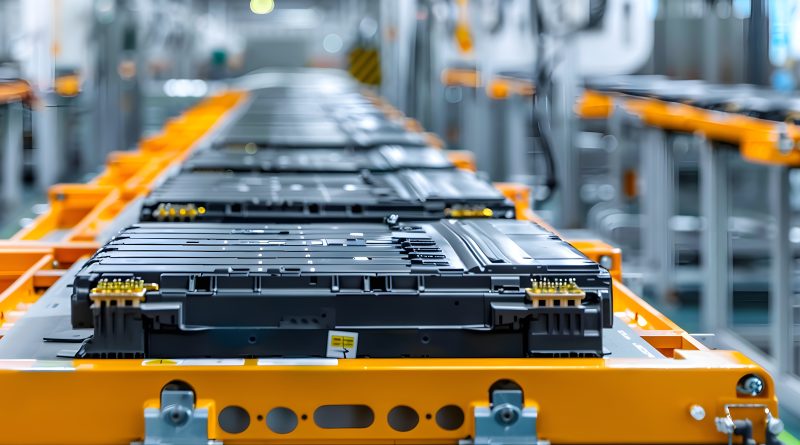Siemens invests $150M in Ontario to advance AI in EV battery production
In a strategic move that marks a significant turning point for Ontario’s manufacturing future, Siemens has announced a $150 million investment to establish a Global Artificial Intelligence Manufacturing Technologies R&D Centre in Oakville. The facility, dedicated to advancing electric vehicle battery production through artificial intelligence, positions Oakville at the intersection of next-generation manufacturing and clean energy innovation.
A research center built for industrial transformation
The new Siemens Global AI Manufacturing Technologies R&D Centre will focus on integrating machine learning and artificial intelligence into advanced manufacturing systems, with a primary focus on battery production for EVs. While the scope is global, the work begins in Oakville, Ontario, where Siemens plans to develop, test, and deploy AI solutions aimed at increasing yield and efficiency in gigafactory environments.
With the ability to simulate production lines digitally before physical implementation, the center will play a central role in reducing trial-and-error cycles that are typical of battery production. These efficiencies are critical, especially as battery manufacturers face mounting pressure to scale while maintaining quality and sustainability targets.
The investment will support up to 90 high-skill jobs, with hires spanning engineering, data science, industrial operations, and systems integration. Siemens has emphasized the intent to build deep partnerships with Canadian universities and applied research centers to cultivate talent and translate academic findings into practical solutions.
Beyond technology development, the R&D center will serve as a demonstration facility for clients and stakeholders across Siemens’ global network. It will provide a working example of how smart factory principles can be applied to identify bottlenecks, manage energy consumption, and adapt manufacturing lines to shifting product demands in real time.
The Ontario government is supporting the project with $7.2 million through the Invest Ontario Fund, reinforcing the province’s commitment to clean tech and industrial AI.
Vic Fedeli, Ontario’s Minister of Economic Development, Job Creation and Trade, described the investment as a signal of confidence in the province’s advanced manufacturing ecosystem. Siemens Canada CEO Faisal Kazi echoed the sentiment, stating that Oakville’s talent base, infrastructure, and policy environment provided the right foundation for this initiative.
Government support and collaborations are helping turn research into results
A core strength of Siemens’ Oakville project lies in its collaborative framework. While the $150 million investment represents a substantial commitment by the company, it is bolstered by funding and support from the Ontario government. Through the Invest Ontario Fund, the province is contributing $7.2 million to support the development of the AI manufacturing research center. This public-private partnership is seen as a model for accelerating innovation while ensuring economic development across sectors.
Ontario’s involvement includes more than funding. The provincial government is working to simplify processes, coordinate with municipalities, and encourage partnerships between industry and academia. These efforts are intended to help companies like Siemens integrate smoothly into Ontario’s manufacturing landscape.
Siemens also plans to work closely with Canadian universities and research institutions. These partnerships will support the development of a skilled talent pipeline and allow for the transfer of academic research into commercial applications.
The center will function as a research platform for technologies such as digital twins, sensor networks, and edge computing. These tools will help modernize manufacturing lines, making them faster, more responsive, and less resource-intensive. Collaboration with other companies in the EV supply chain will play a central role in scaling these systems across different stages of battery development and assembly.
The impact of Siemens’ investment will not be limited to Oakville. As the research center begins operations, its influence will be felt across Ontario’s entire EV supply chain.
These innovations will benefit other players in the sector. Siemens intends to share insights and methods developed at the Oakville facility with its partners, enabling broader adoption of AI tools across related industries. The integration of AI through initiatives like Siemens’ project addresses a missing link: advanced data-driven decision-making in real-time production settings.
Sources:
Canadian Manufacturing
